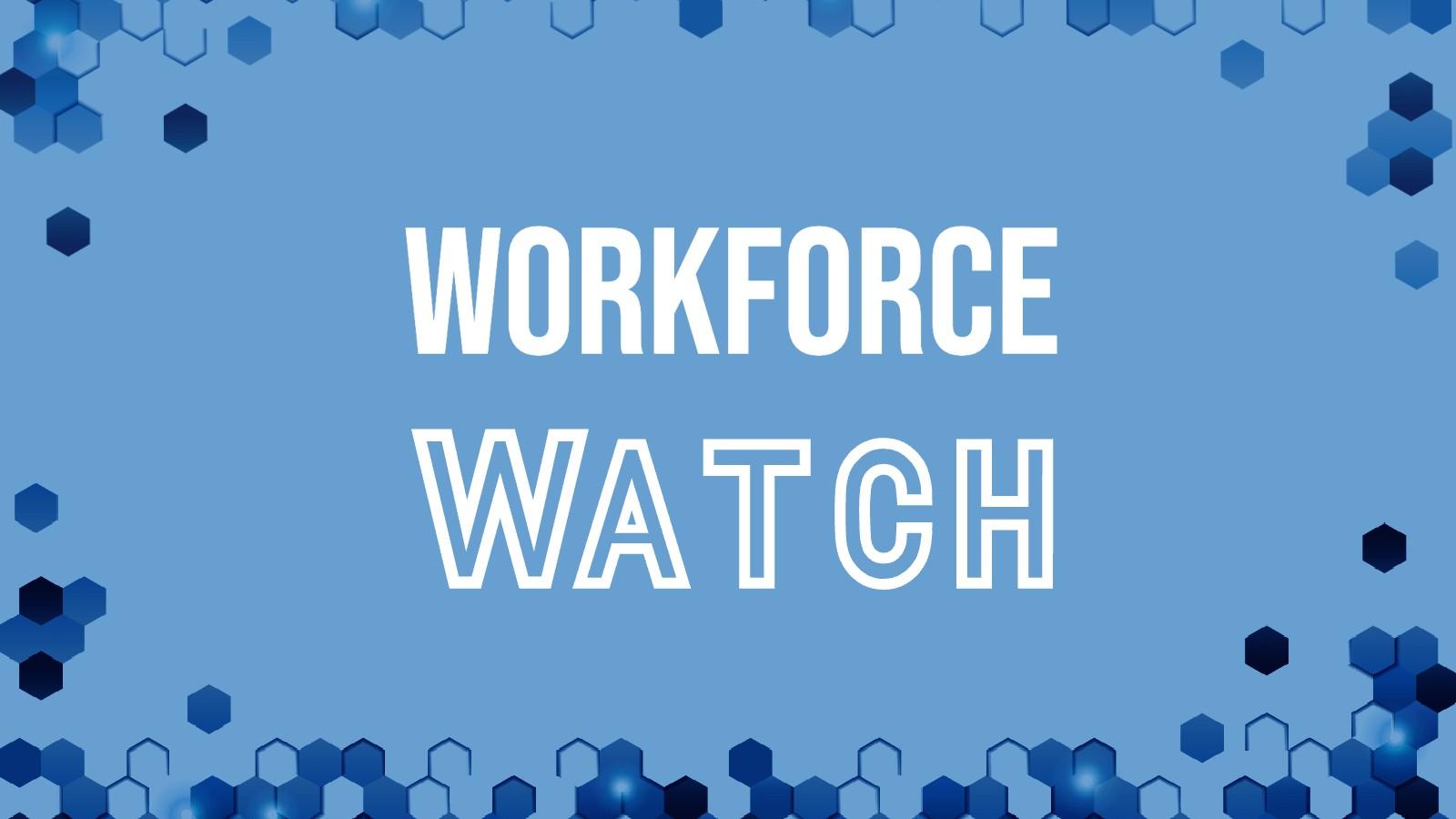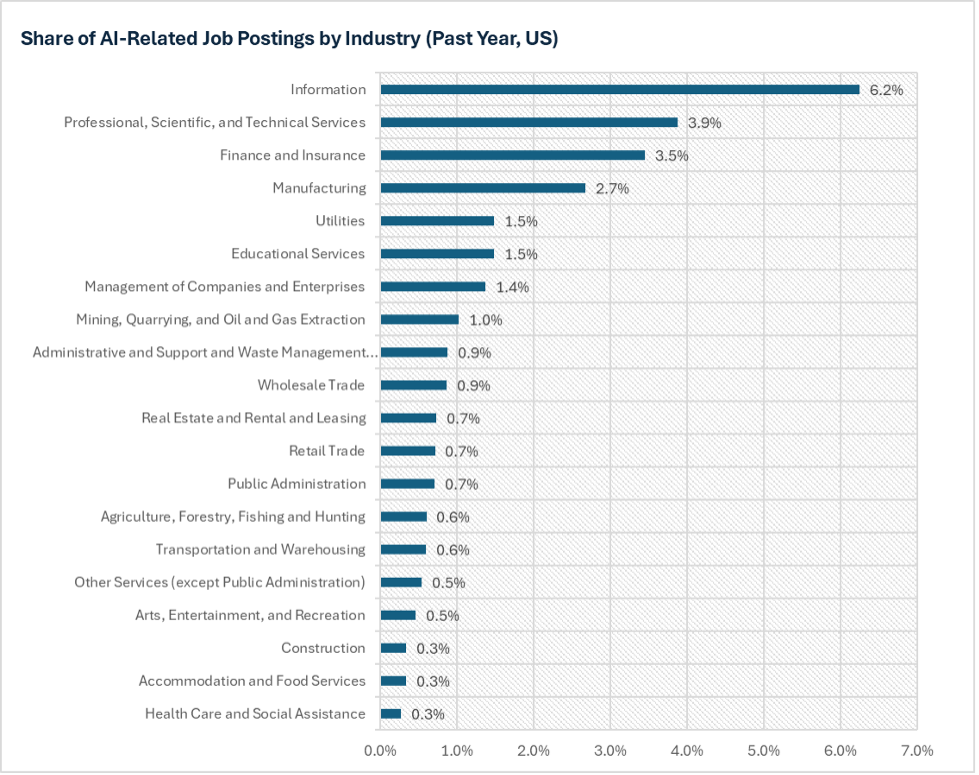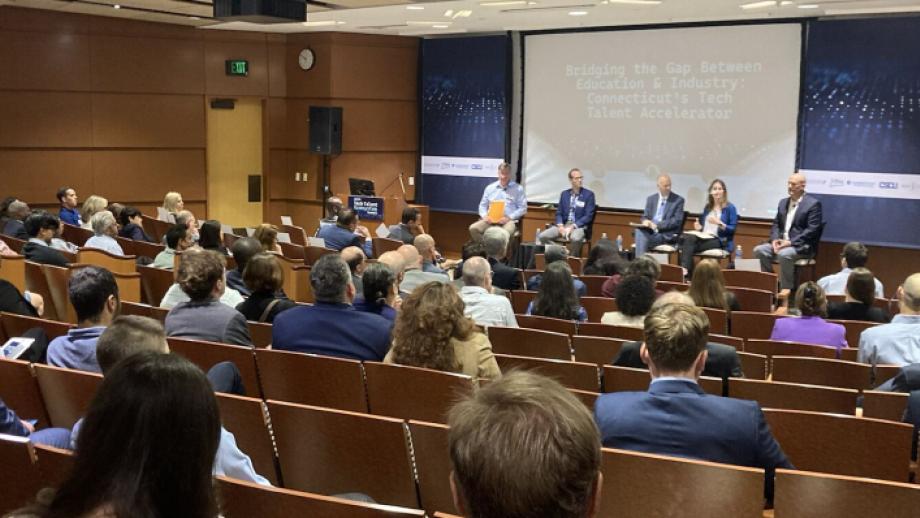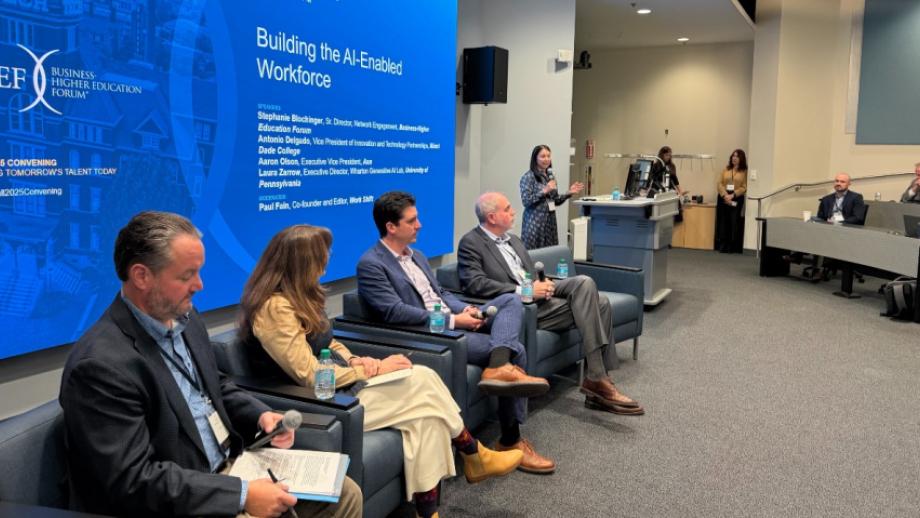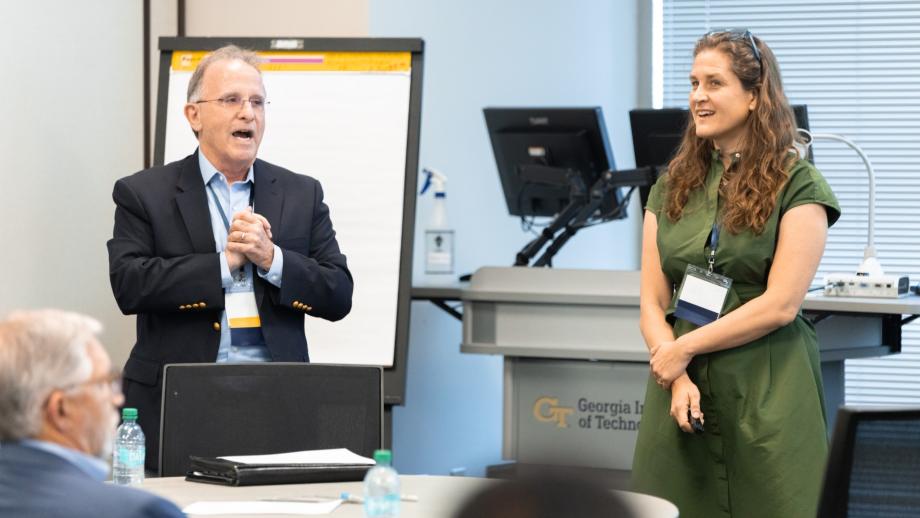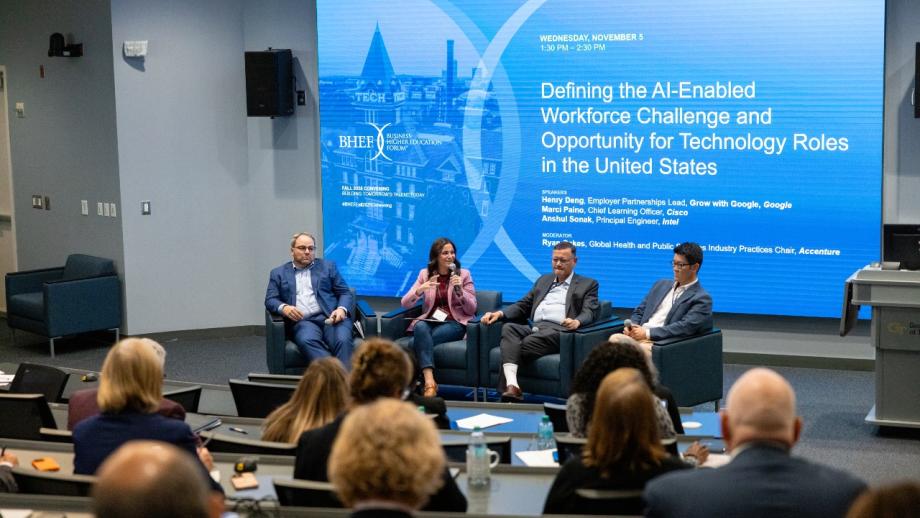Stanford University’s most recent AI report revealed that AI-related job postings in 2023 accounted for 1.62% of all job postings in the U.S. In addition to AI-specific occupations, we are seeing that AI skills are increasingly being dispersed across roles and sectors. But the question on everyone’s mind is which industries, occupations, and sectors will be the most impacted and see the highest demand for AI skills?
We looked at the current demand for AI skills across various career fields to understand which occupations are seeing the most need for AI skills. At the occupational level, IT and computer science roles lead the way, with nearly 10% of job postings seeking AI-related skills over the past year. Other technical-focused careers, such as those in Science, Research and Engineering also saw significant impact, with over 5% and 2.7% of their job postings respectively requiring AI skills, both well above the national average.
Across industries, the highest share of demand for AI skills is in the information, professional services, and financial services industries. In addition to the higher-than-average share of need for AI skills, these are industries that are also experiencing significant job transformation and shifts due to AI and where we will continue to dig into the implications for education and work.
We expect to see continued demand for AI skills disperse over the next decade into non-tech sectors as more companies begin to understand the implications AI will have on their operations, governance, and workforce structures.
